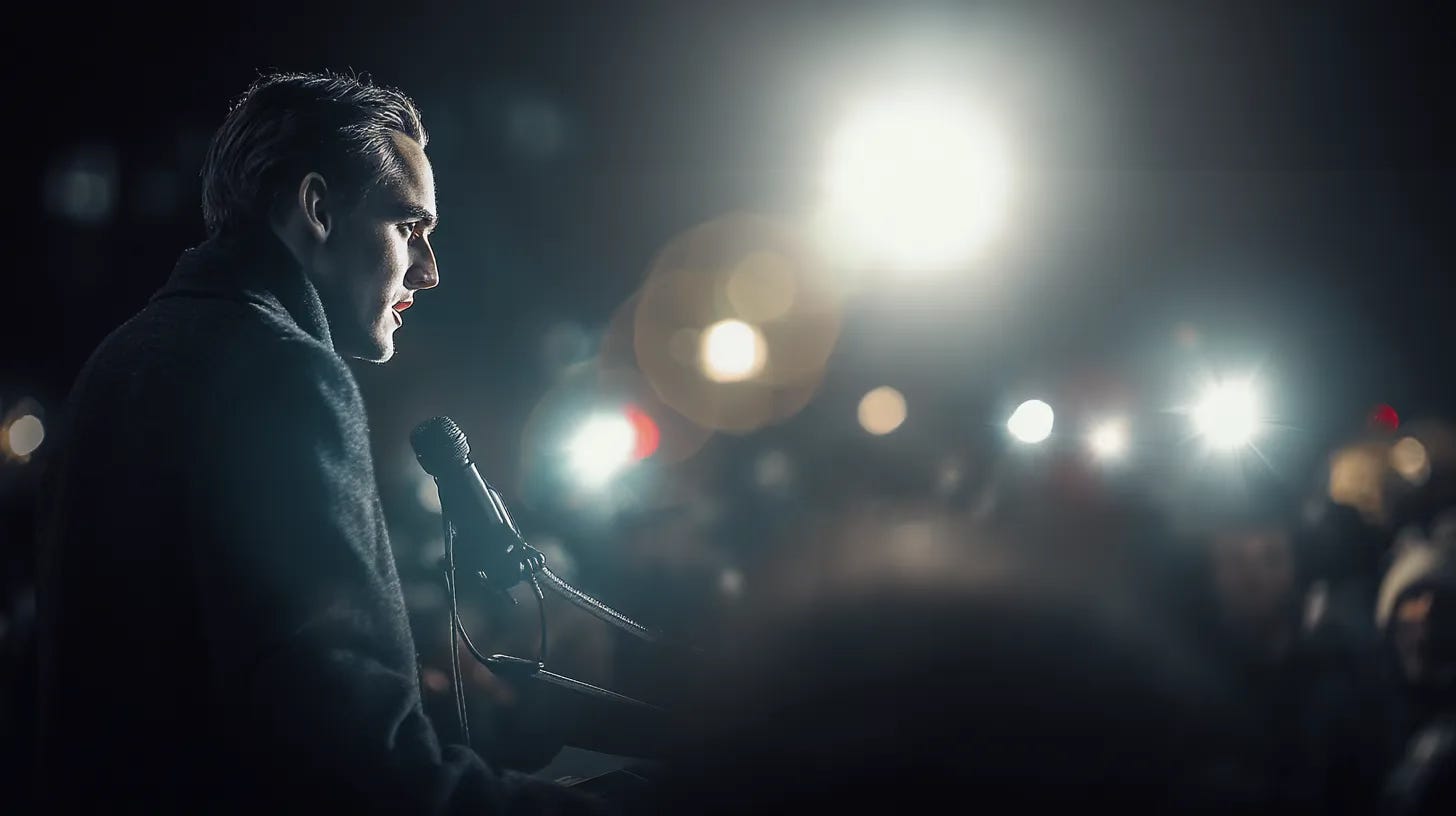The Noise That Guards the Throne
The loudest one in the room is rarely in charge. But they are always useful.
Silence isn't passive. It’s strategic. In a world addicted to spectacle, silence is rebellion. It is the choice to operate beneath the radar, where true influence slips through cracks unnoticed. Power, real power, doesn’t announce itself—it conceals itself. It deflects attention, cloaks its movements, and lets others perform while it maneuvers.
The spectacle is the smokescreen. Every empire has its jester. The louder they laugh, the more distracted the court becomes. The real game is played in hushed tones and unread emails, not on stages or screens. What if the ones we applaud aren’t leaders at all—just noise, intentional or accidental, serving the architects who remain unseen?
Those who move in silence understand one truth: visibility is vulnerability. The moment you're known, you're studied. And the moment you're studied, you're predictable. Influence doesn't thrive in the spotlight—it withers. The powerful aren't building personas; they're building systems, and systems don't need applause.
So why do we still chase volume? Is it because attention feels like validation? Or because we’ve been taught that noise equals importance, even when it doesn’t equal control? Maybe we mistake expression for strength, forgetting that the sharpest blades make the least sound.
Silence is not the absence of power. It is the signature of it.
There is an economy of attention. Most trade in it. Few control it. And the ones who control it—who decide what is seen, who is heard, when the curtain rises and falls—they don’t need to speak. They script the noise.
Is it possible the real leaders are the ones you’ve never followed, never liked, never even known? That while you watched the dance, someone else set the music?
In a world where everything screams to be noticed, the most subversive act is to vanish—and still shape the game.


